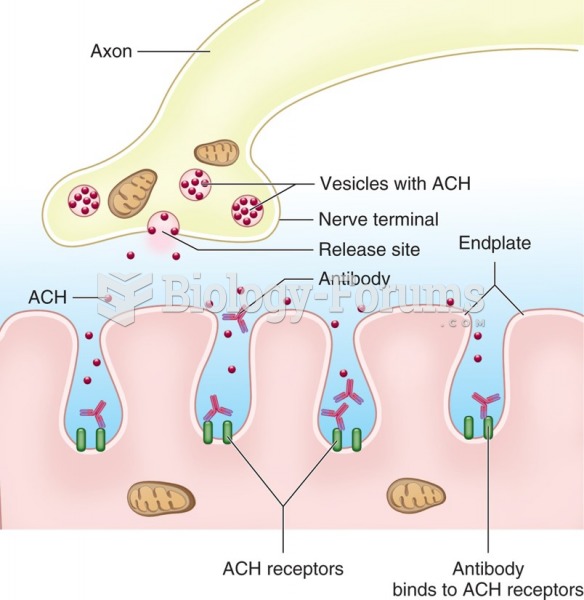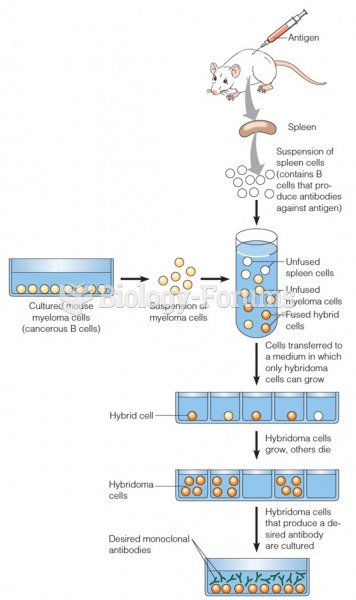|
|
|
Never take aspirin without food because it is likely to irritate your stomach. Never give aspirin to children under age 12. Overdoses of aspirin have the potential to cause deafness.
Of the estimated 2 million heroin users in the United States, 600,000–800,000 are considered hardcore addicts. Heroin addiction is considered to be one of the hardest addictions to recover from.
On average, someone in the United States has a stroke about every 40 seconds. This is about 795,000 people per year.
More than 30% of American adults, and about 12% of children utilize health care approaches that were developed outside of conventional medicine.
Although puberty usually occurs in the early teenage years, the world's youngest parents were two Chinese children who had their first baby when they were 8 and 9 years of age.
 Allen Test: An occluded ulnar artery results in continued pallor of the hand while the radial artery
Allen Test: An occluded ulnar artery results in continued pallor of the hand while the radial artery
 Immanuel Kant (1724–1804). German philosopher considered by many to be the greatest thinker of the ...
Immanuel Kant (1724–1804). German philosopher considered by many to be the greatest thinker of the ...





